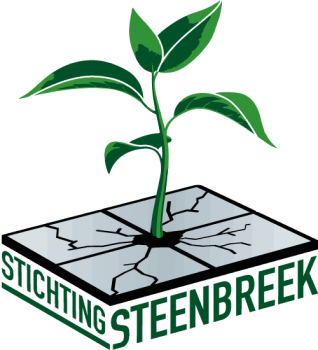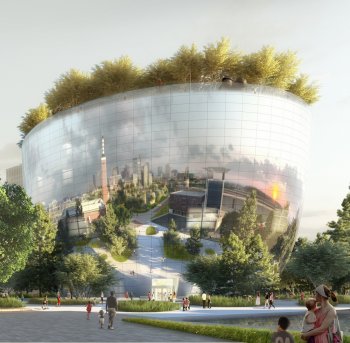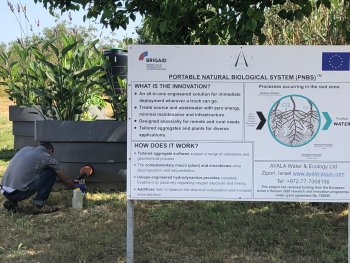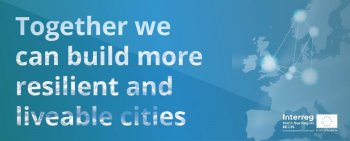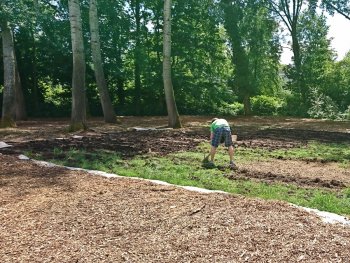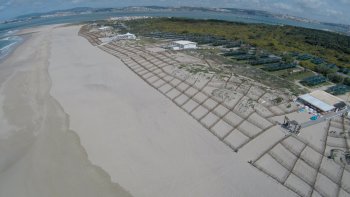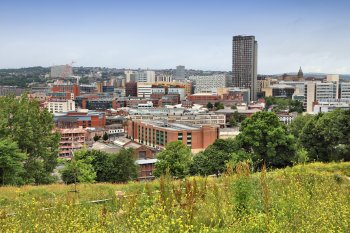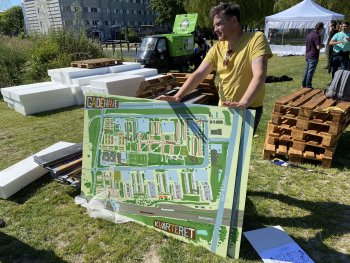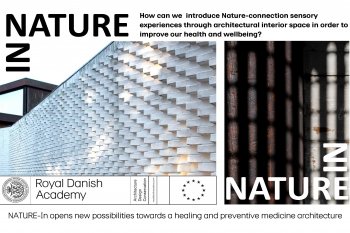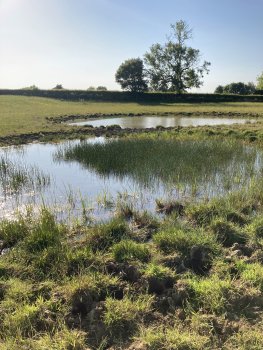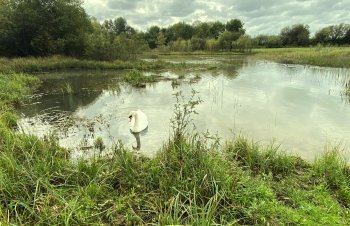Operatie STEENBREEK
Operatie Steenbreek is a foundation that organizes awareness raising campaigns and offers assistance with regards to greening private gardens. Many gardens and streets in the Netherlands are covered with tiles that cannot absorp the rainwater from heavy rainfall.
The idea behind the initiative is to encourage citizens to remove the tiles and stones from their gardens/backyards and replace it with grass, plants and trees for better drainage and to increase the biodiversity.
Thanks to an app., citizens can be adviced and exchange plants with neighbours. Citizens can...

